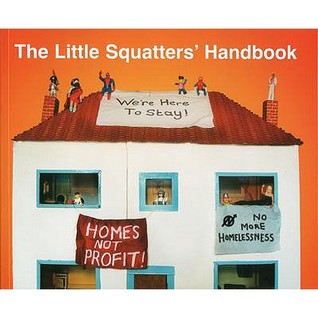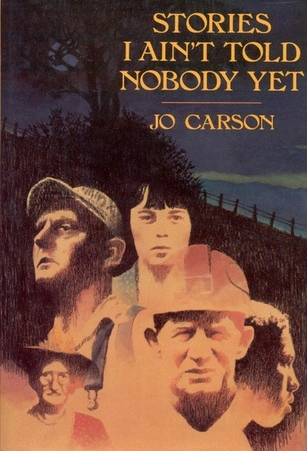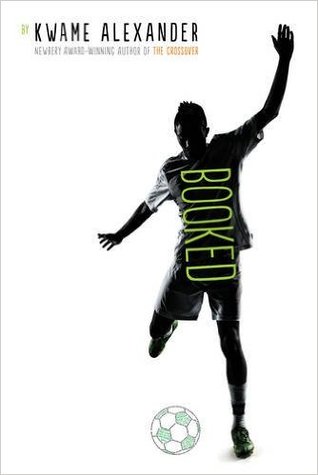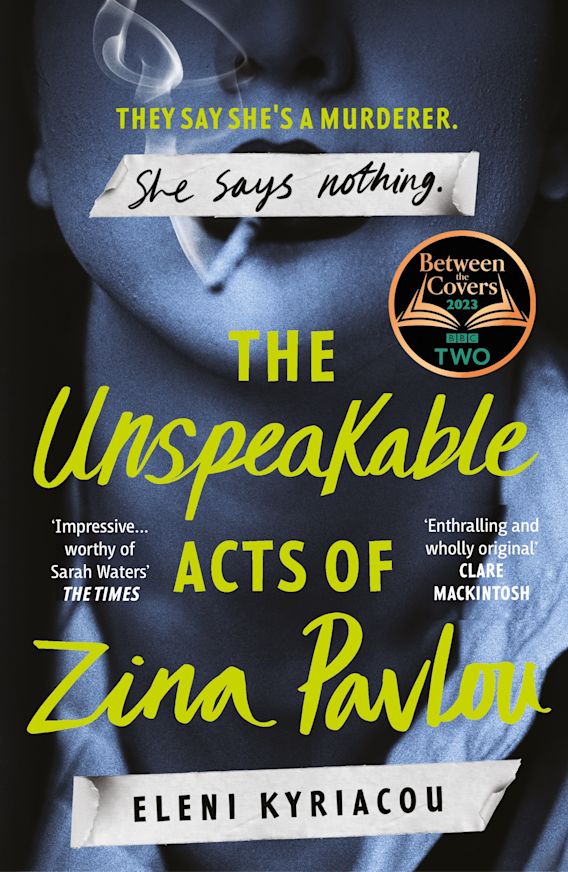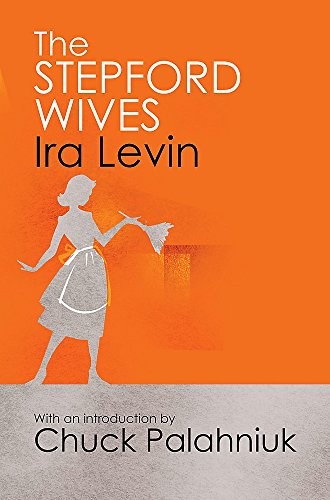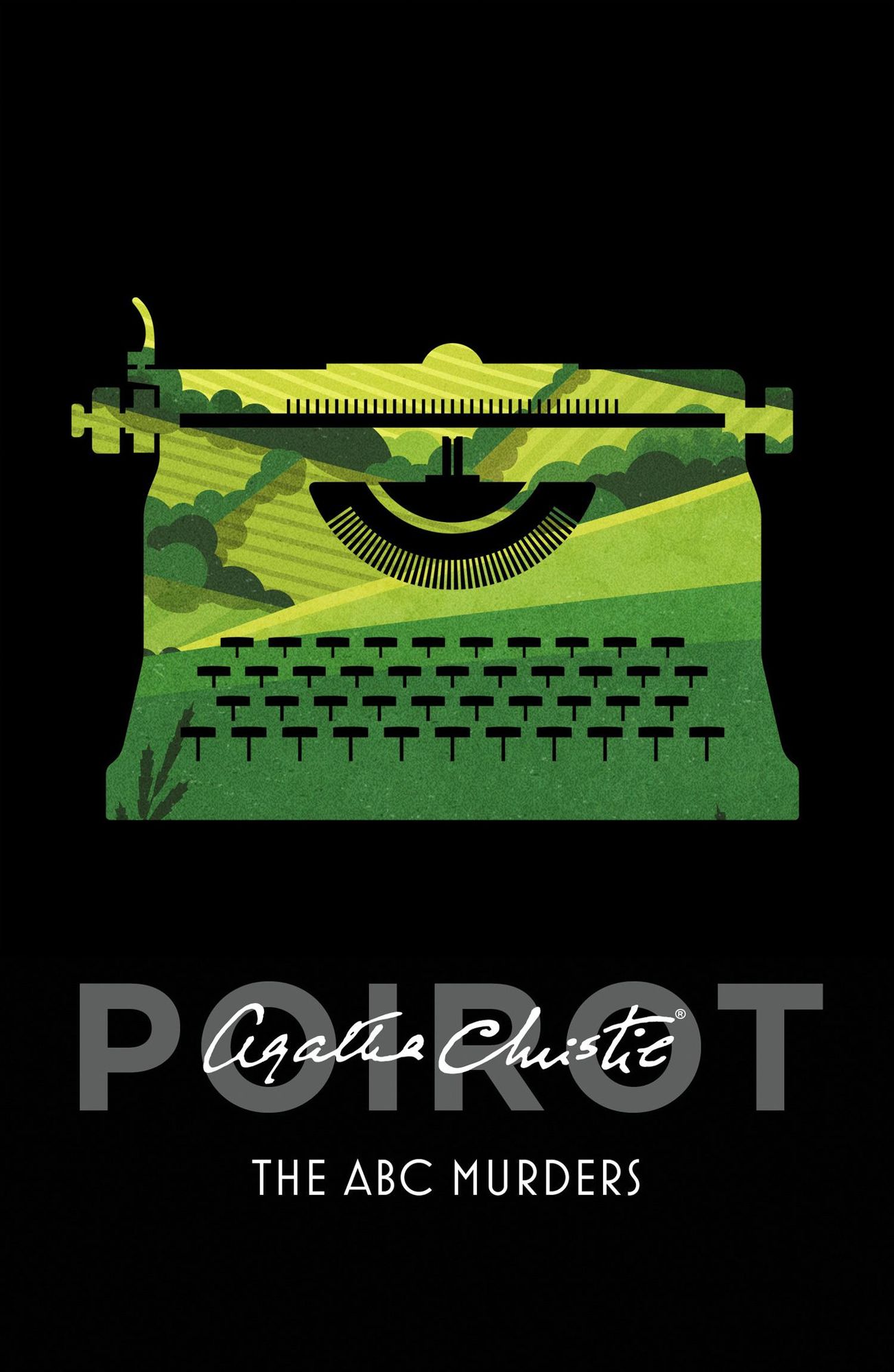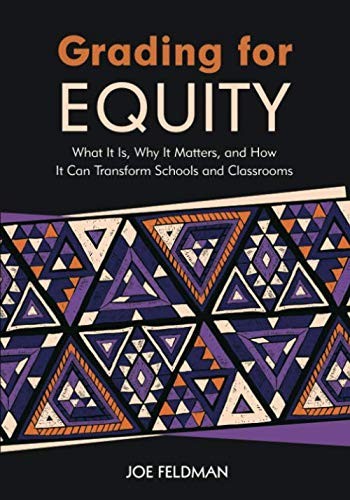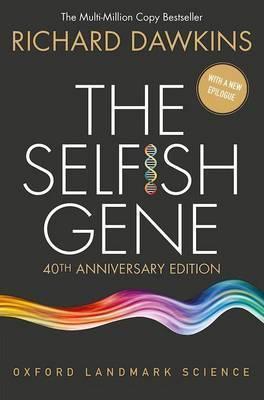nerd teacher [books] commented on The Unspeakable Acts of Zina Pavlou by Eleni Kyriacou
I feel like I've slowed on reading this because I just... am frustrated with the way the story is written. Like, it's not bad. It's just annoying that some characters don't seem to know what they're on about.
I still have a lot of book left, but I'm still trying to work out how this one narrative thread is being used? Because the author, in the press for the book, keeps pointing at a historical case that this fiction is based on... and it's just making me go "Yeah, but you said there wasn't a lot of press on this case. And that was a core feature of why the court was able to get away with treating her so badly... because what press was there wasn't sympathetic and there wasn't much of it at all, including from Cypriot press. So why not build that instead of... this form of …
I feel like I've slowed on reading this because I just... am frustrated with the way the story is written. Like, it's not bad. It's just annoying that some characters don't seem to know what they're on about.
I still have a lot of book left, but I'm still trying to work out how this one narrative thread is being used? Because the author, in the press for the book, keeps pointing at a historical case that this fiction is based on... and it's just making me go "Yeah, but you said there wasn't a lot of press on this case. And that was a core feature of why the court was able to get away with treating her so badly... because what press was there wasn't sympathetic and there wasn't much of it at all, including from Cypriot press. So why not build that instead of... this form of malicious press? Which is also real but doesn't match the rest of the story, where the core focus is how she's being neglected by everyone and that neglect is assisting the court in assuring her guilt and later her death."

